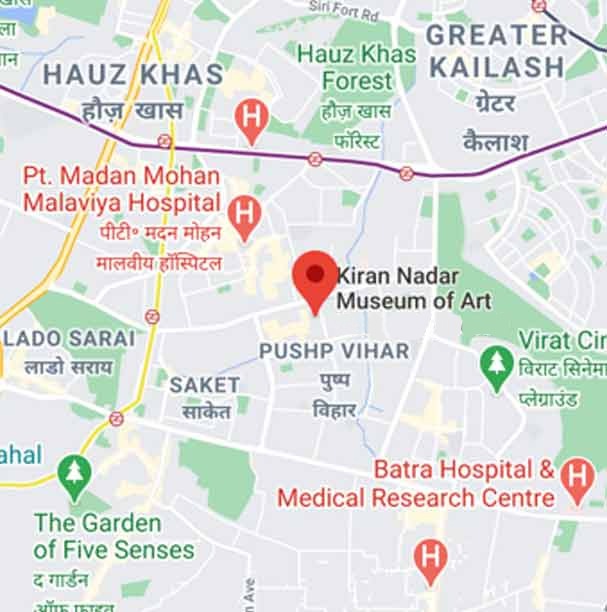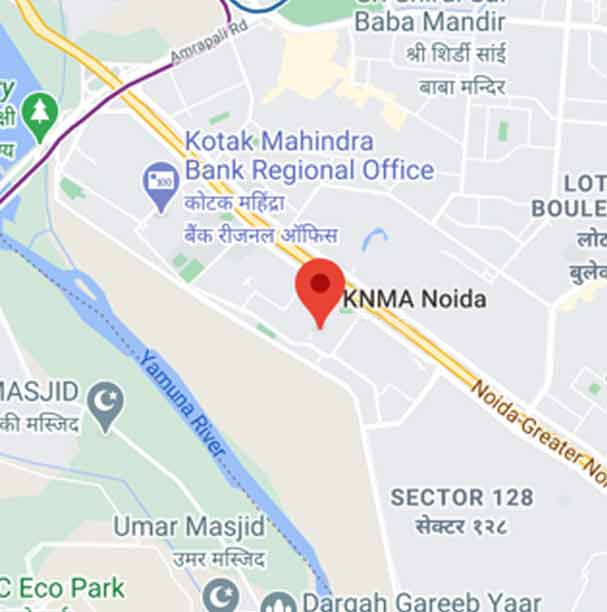- Home
- WHAT PLACE IS KITCHEN? WHAT PLACE COMMUNITY
Exhibitions
Artists: Sreejata Roy and Mrityunjay Chatterjee
With Hoor Kareemi, Fariba Azizi, Rabiya Taraki, Mari Saidi (Afghanistan); Aya Nazari (Iraq); Gloria Ntsoni Badidila (Republic of Congo); Safa Mutombo (Congo Democratic Republic); Sirie Senai, Jaana Berhane (Ethiopia); Ladan & Shuba (Somali); Dolly Singh (Bihar); Laxmi Chhetri, Radha Sharma (Nepal)
KNMA is pleased to present the exhibition ‘What Place is Kitchen? What Place Community?’ which completes a year-long project ‘The Khirki Living Lab’ by Revue (Sreejata Roy and Mrityunjay Chatterjee). The community kitchen in the Khirki Living Lab has connected migrant women from different geographies living in the neighbourhoods of Khirki and Hauz Rani in South Delhi. The project enabled a dynamic network of social relationships and friendships through the daily act of cooking a wide range of cuisines in a common kitchen, sharing recipes and eating together.
The exhibition begins with an outlining of the three kitchens/studios in Khirki Extension that the Living Lab inhabited by an amorphous group of migrant women (along with their children) from the Middle-east, different countries in Africa and Asia, who met regularly, cooked over ninety-three recipes and conversed over meals. And slowly it reassembles the processual that occurred over a period of one year: the list of around ninety-three dishes, different songs and conversations, glossaries of foodgrains and spices, annotations and stories, recipes from festive celebrations, traditional preparations from grandmother’s diary and adaptive recipes from food-scarce and conflict-ridden zones. Also, memory drawings, diaries, napkins along with hand-drawn cartographies of urban villages Khirki and Hauz Rani from where ingredients were sourced for various Pop-up Kitchens.
Artists Sreejata Roy and Mrityunjay Chatterjee says, “Our method at the lab was to rotate the tasks of food preparation, i.e., to have one dish from each cuisine tradition cooked daily, often focusing on a common ingredient or a theme, and then to present these dishes collectively at a monthly Pop-up Kitchen at different sites, where local people are invited to share the meal and encouraged to interact with the project members. Within the lab, pragmatic discussions about particular traditional foods seamlessly expand into wider narratives about displacement, migration and memory, and how these variables compel resettled families to willingly/unwillingly adopt new food habits, occasionally give up old ones, and adapt embedded, hereditary culinary customs to new realities.”
Not all members of the Kitchen Living Lab speak each other’s language, yet are able to actively communicate vis-à-vis essential cooking information and emotional experiences associated with their traditional foods. As speakers of Arabic, Dari, French and various native dialects from their places of origin, they rely on an intuitive, flexible, amalgamated vocabulary of words, gestures, facial expressions, similar regional socio-linguistic codes, digital media and idiomatic translations by those among them who do have some broader knowledge of the various languages in use within the group. They also frequently draw from a lexical cache common to the different languages, and this enables fragmentary utterances to be layered and honed into comprehensible meaning.
According to curator Akansha Rastogi, “The circuitry, negotiations, sharing and the models of living proposed by migration suggest a non-rigid or fluid sense of the word ‘community’, attentive to its temporariness, elasticity and the contradictions of forging one. This group of transient residents, passing through and living in Delhi, come from Somalia, Congo, Ethiopia, Iraq, Afghanistan, Nepal and Bihar, and through a creative invitation of cooking generate an affirmation that didn’t exist before.”
She further notes, “Over and over again I leap into this place, seemingly empty yet woven, the space in-between as the group sits around, which can usually be measured with threads of a daree or is at times clad in anonymity. As the interactions from the kitchens of Khirki migrate into artistic thinking and a contemporary art space, these daily mundane actions perhaps lose some of their transformative potential. Yet also become a means for recalibrating micro-collectivities which are formed out of displacement, where food could be is a tool to blend different worlds, cultures, tongues and geographies.”
The project ‘Museum of Food, A Living Heritage’ by Revue is supported by Prince Claus Fund and British Council, and organised in collaboration with BOSCO Delhi Initiatives UNHCR and Kiran Nadar Museum of Art. The exhibition opens with live music performances by Rous Band, Aya Nazari and Noella, followed by delicious home-cooked snacks from Afghan, Iraqi, Congolese and Somali cuisines.




















_0.jpg)



























.jpg)











.jpg)






























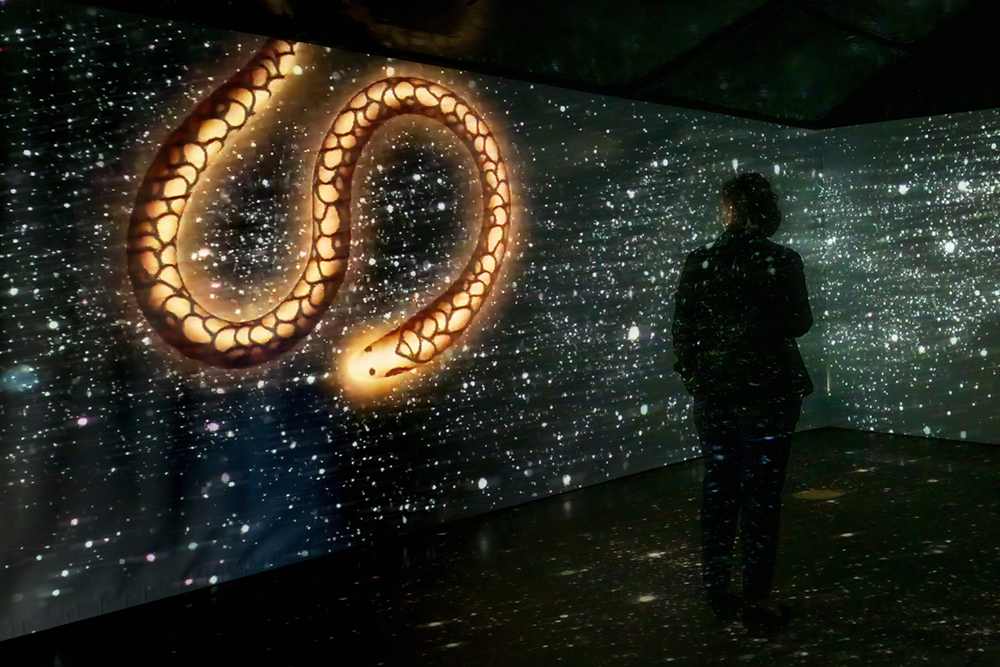
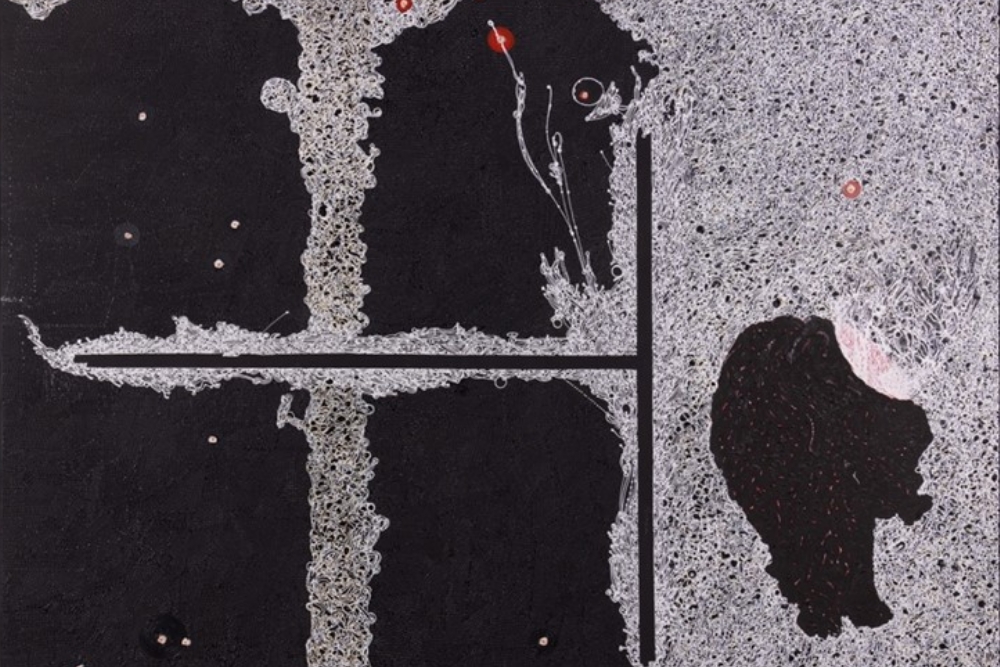
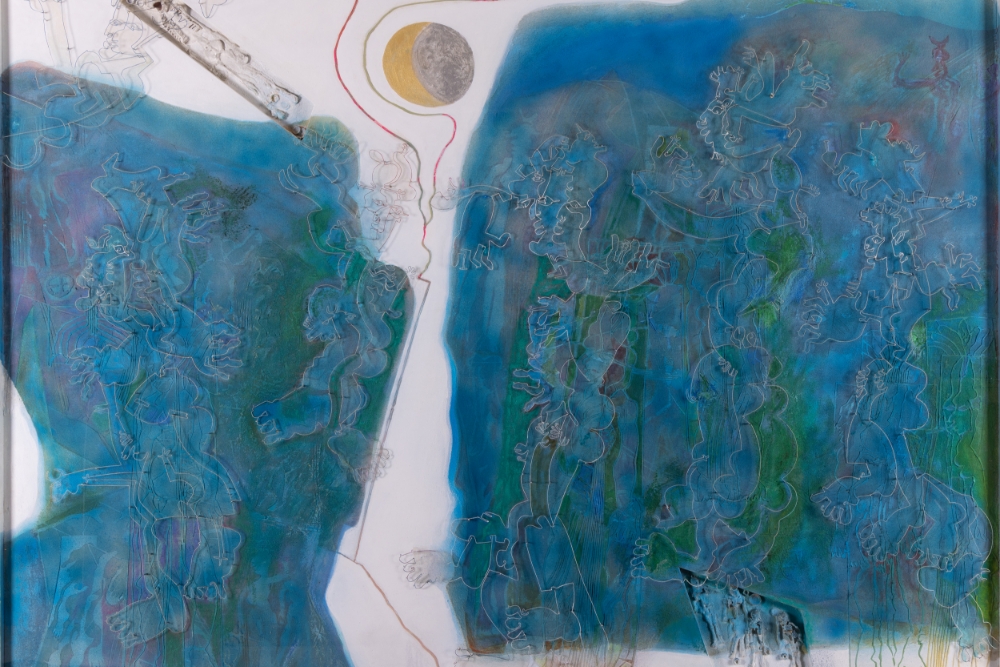
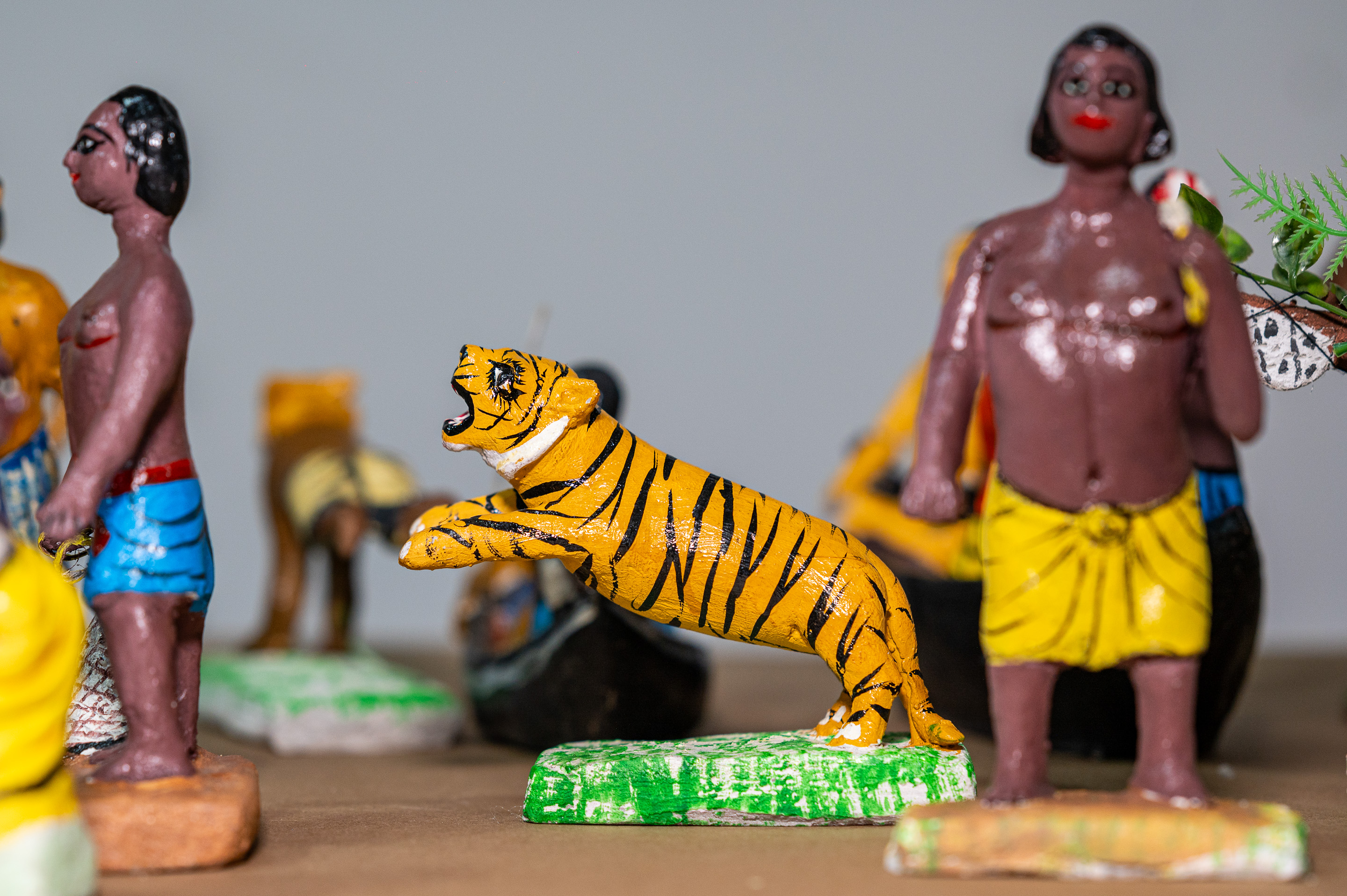

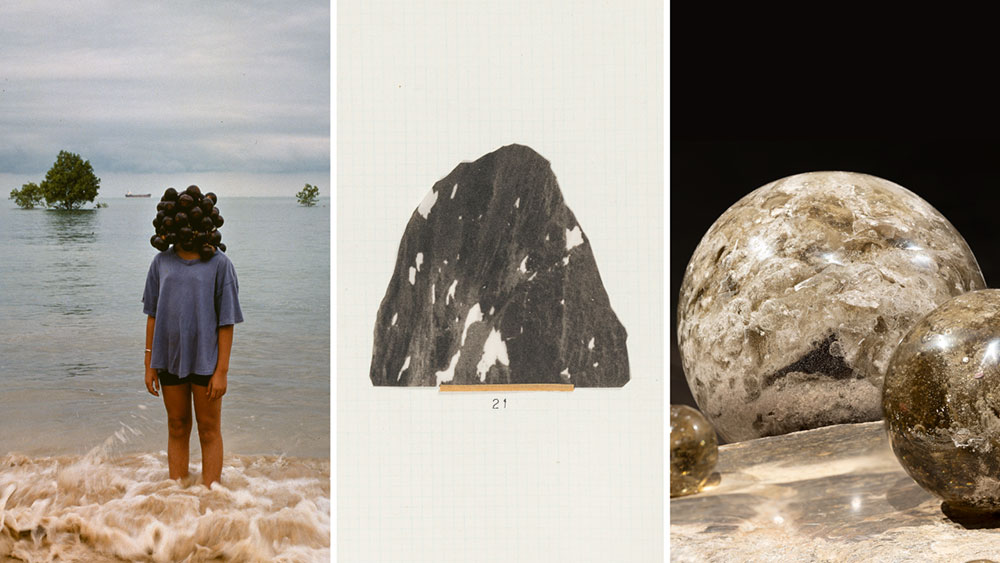

.png)

